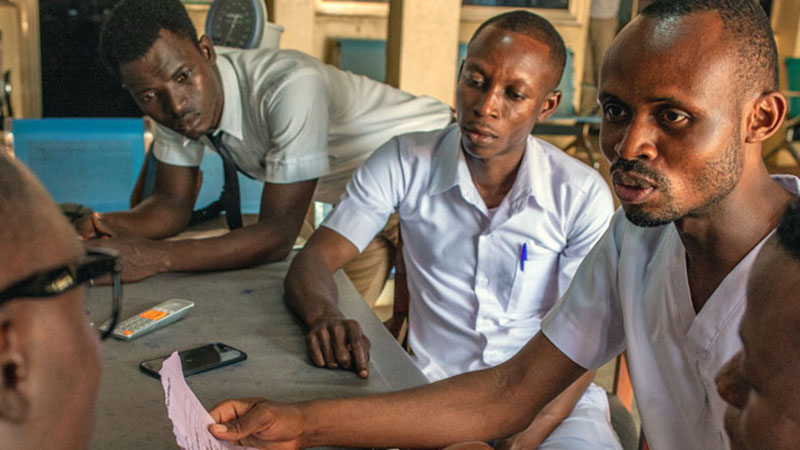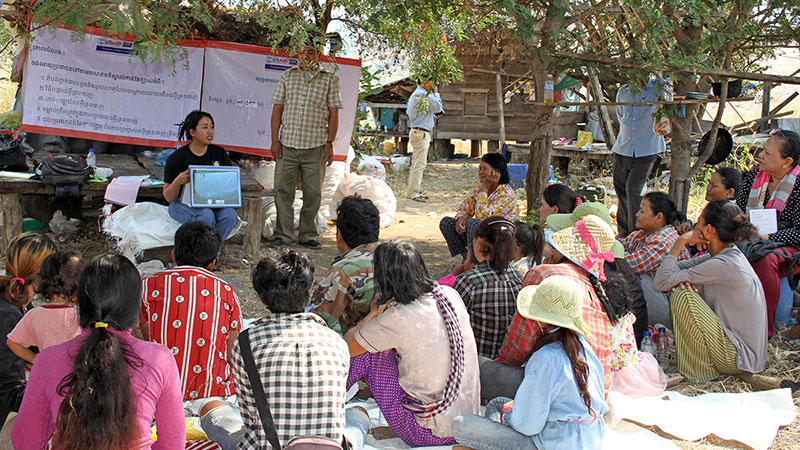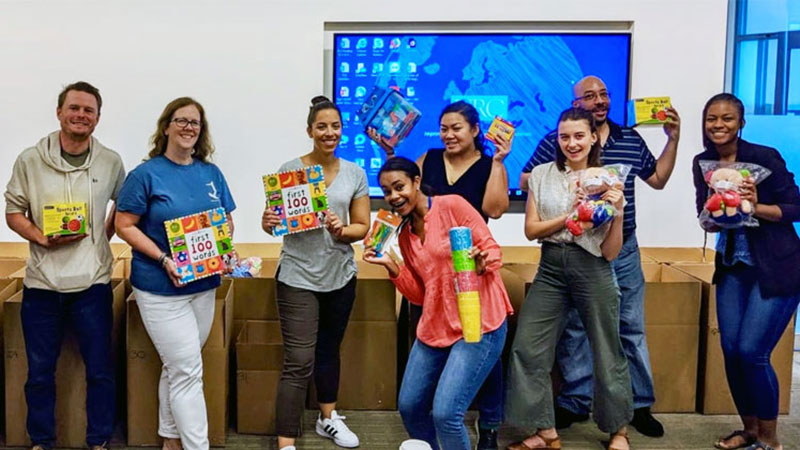The Global Digital Library – launched in April and supported by URC – plans to have reading materials available in at least 100 languages in digital and print formats by the end of 2020.
More than half of primary school age children globally – 387 million – did not reach the minimum proficiency level in reading in 2015, despite most having attended school for several years. This dramatically limits their economic opportunities.
The Global Book Alliance, launched in February, is a group of governments, intergovernmental organizations, nonprofits, and private companies working to improve literacy rates by making books available to every child in the world by 2030 in their native language.
The Alliance’s mission is to transform the world’s book supply by building a robust ecosystem in which organizations, local publishers, and governments efficiently provide high-quality books to the communities, schools, and children that need them.
URC, through the Reading within Reach (REACH) project, is sourcing content for the Global Digital Library, a key Alliance initiative launched in April. The Digital Library collects existing high-quality open educational reading resources and makes them available in print and electronic versions in languages in which few early grade reading resources exist. The Library hosts both classroom and leisure reading resources.
“Children need quality books in their native language to develop their literacy skills and, ultimately, a love of reading,” said REACH Project Director Jennifer Gerst. “With the Global Digital Library, we’re helping to achieve that.”
The Library plans to offer resources in at least 25 languages by the end of 2018 and at least 100 languages by the end of 2020. The Library follows the principles of universal design and accessibility and is focused on making all content generally accessible, including for those with print disabilities, such as blindness/low vision, severe dyslexia, or mobility impairment.
The Library’s platform is operated by the Norwegian Digital Learning Arena, based on NDLA’s open source digital infrastructure. The Norwegian Agency for Development Cooperation has the overall project management responsibility.



